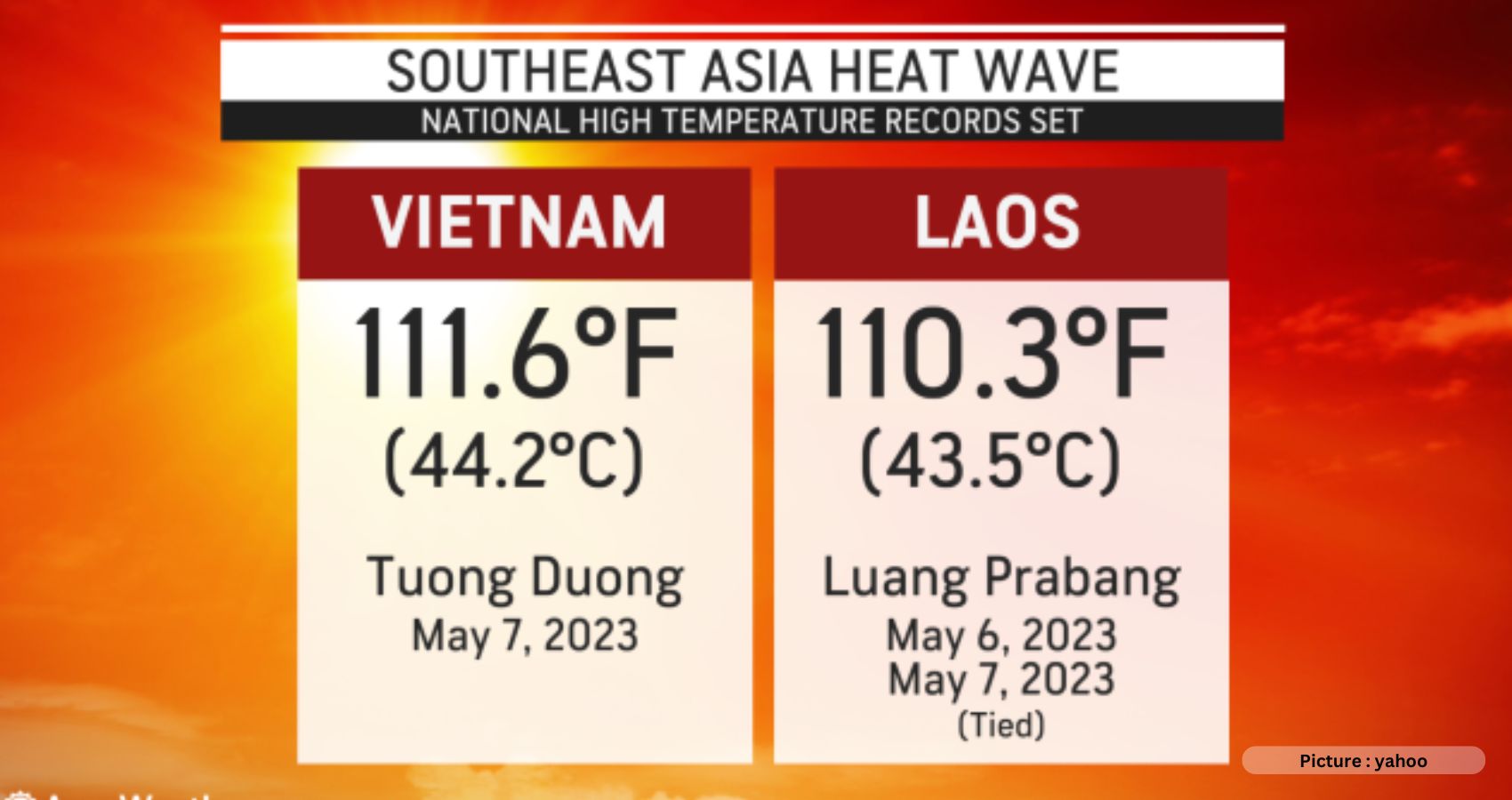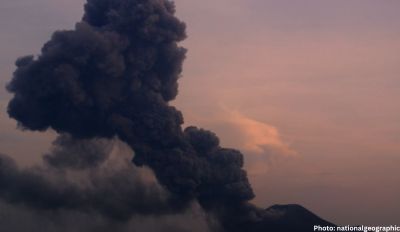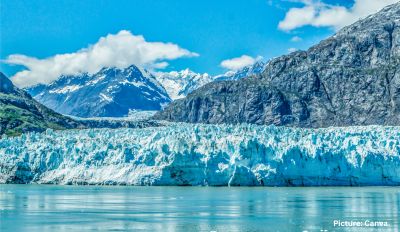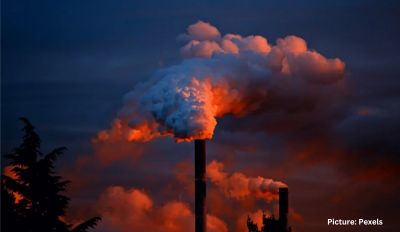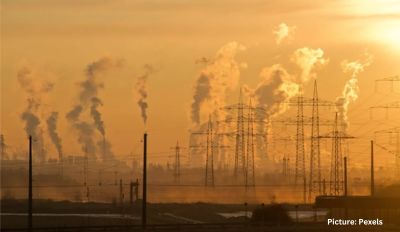Southeast Asia is in the midst of a weeks-long heat wave, breaking temperature records in Vietnam, Laos, and Thailand. In Vietnam, the temperature reached 44.2 degrees Celsius, the highest ever recorded in the country. Laos hit 43.5 degrees Celsius, breaking the national record. Thailand, suffering under temperatures in the upper 30s to low 40s Celsius, saw Bangkok record its hottest ever temperature of 41 degrees Celsius. The heatwave has brought misery to millions, with pollution levels spiking in Thailand’s capital due to increased levels of smog.
The heatwave in Southeast Asia is not a freak event, but the latest in a series of temperature extremes that experts warn will become more common as the climate crisis accelerates. A 2022 study predicts that temperatures of 39.4 degrees Celsius and above will occur between three and 10 times more often by the end of the century. Moreover, in the tropics–which includes much of Asia, days of “extremely dangerous heat”–defined as 51 degrees Celsius–could double, putting the populations of impacted countries at risk.
“By definition, we don’t know what could happen if large populations are exposed to unprecedented heat and humidity stress,” warns Lucas Vargas Zeppetello, the lead author of the study from Harvard University, “but heat waves in the past few decades have already been extremely deadly and there is serious cause for concern in the future.”
The scorching temperatures are causing significant problems in Southeast Asia, where the heat is being exacerbated by pollution from slash-and-burn agriculture. Moreover, the heat is also hindering vaccination efforts in the region. Thailand is among the countries that is struggling to get its population vaccinated, and the heat has further complicated efforts.
As heatwaves become more dangerous, it would become increasingly difficult for populations to adapt to the scorching temperatures. “We found this threshold at which populations begin to be meaningfully impacted by extremely high temperatures,” said Kristina Dahl, a senior climate scientist at the Union of Concerned Scientists. “Climate change is pushing us closer to that threshold faster than we had expected.”
While the heatwave is expected to cool in the coming days, it remains to be seen how frequently such heatwaves will occur in the future as a result of the climate crisis. Research into the causes of these extreme weather patterns is ongoing, with many climate scientists calling for urgent action to be taken before it is too late. As the heatwave in Southeast Asia demonstrates, these extreme weather events can have devastating impacts on human health and well-being.

